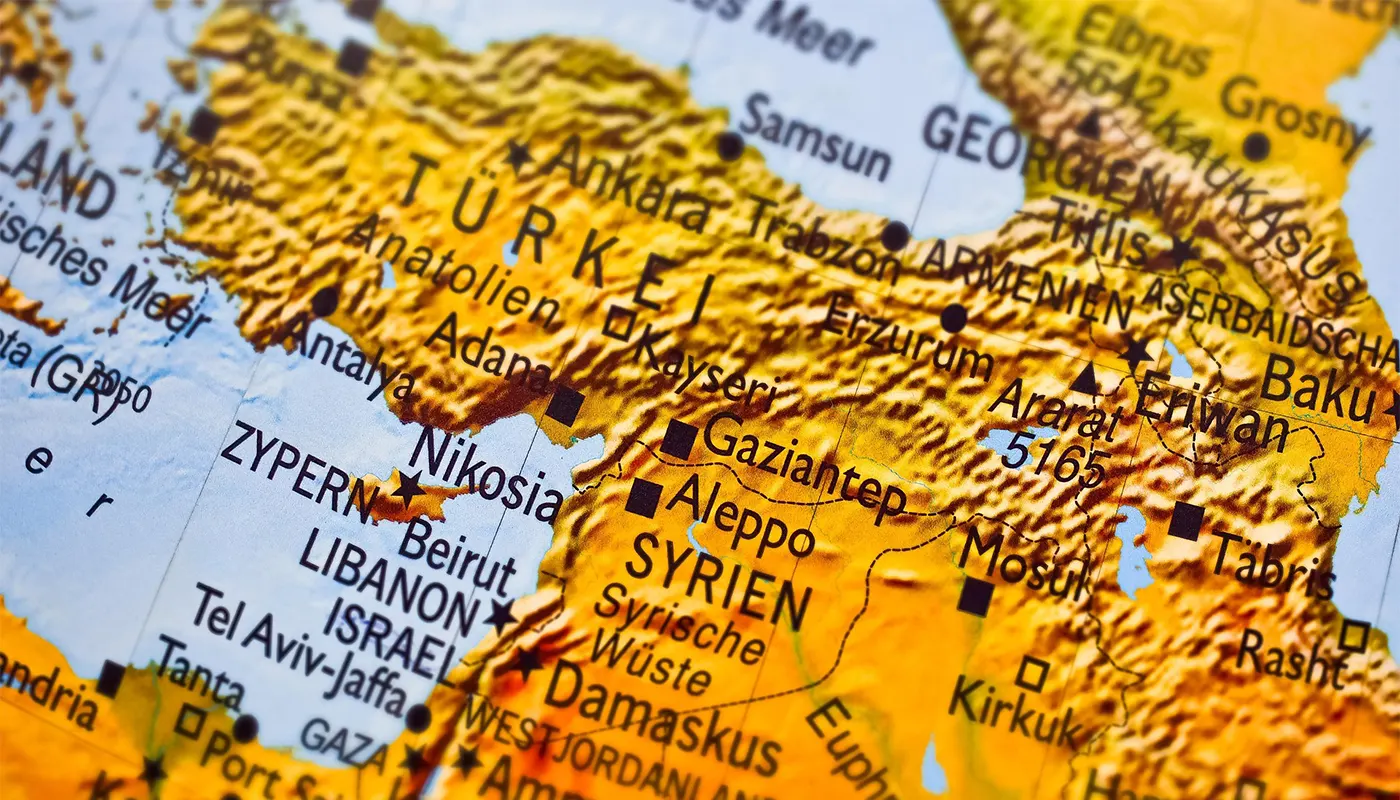ANKARA / DAMASCUS — Türkiye Begins Supplying Natural Gas to Syria, backed by Azerbaijan and Qatar.
Türkiye has officially begun delivering natural gas to Syria through a pipeline from Kilis to Aleppo, commencing on August 2, 2025, Energy Minister Alparslan Bayraktar announced. The initiative involves cooperation with Azerbaijan and Qatar to support Syria’s war-battered energy infrastructure.
Under the agreement:
- 6 million cubic meters per day—equivalent to roughly 2 billion cubic meters annually—will be supplied, sourced from Azerbaijan via a swap agreement routed through Türkiye.
- This gas will power existing gas-fired plants in Aleppo, generating approximately 1,200 megawatts of electricity.
- Türkiye will also deliver up to 500 megawatts of electricity directly to Syria, bringing total exports to around 1,000 megawatts—supporting expanded power access in Aleppo and Homs.
- The project is co-financed by Qatar, while Azerbaijan’s SOCAR may participate as a strategic partner.
Strategic Impact on Syrian Recovery
The initiative aims to boost daily electricity availability in Syria from just 3–4 hours to as much as 10 hours, significantly improving living conditions in Aleppo and northern regions.
Infrastructure works on Syria’s side are ongoing, including efforts to reactivate a previously damaged 400 kV transmission line linking with Türkiye’s grid by year-end.
The gas delivery marks a major policy shift: Türkiye, formerly aligned with rebel factions in Syria, now backs Damascus’s new government and plays a central role in its reconstruction strategy.
Regional Dimensions and Future Outlook
On August 2, officials from Türkiye, Azerbaijan, Syria and Qatar will inaugurate the gas flow in a joint ceremony at Kilis, highlighting regional energy alignment.
Azerbaijan will also export 1.2 billion m³ of gas annually to Syria via the same system, further reinforcing the trilateral energy partnership.
The energy deal coincides with mounting interest from Turkish companies in Syria’s reconstruction market, estimated at nearly $1 trillion, as sanctions lift and bilateral ties deepen.
Source: Local News Agencies






